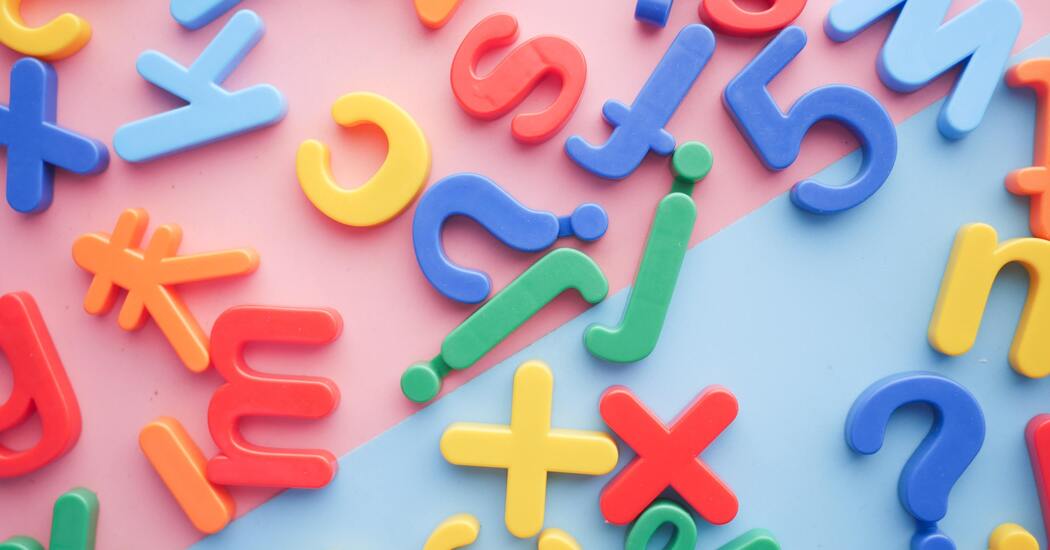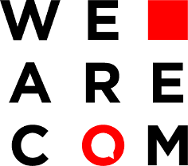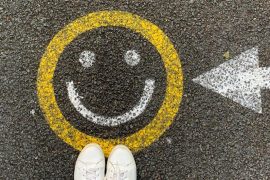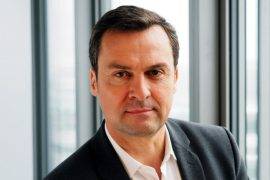The name being the foundation of all your communication, it therefore requires special attention. 🎯 It is asked to reconcile more and more contradictory constraints: to associate digital culture and trademark law, to be consensual, internationalizable, transversalizable, registerable, unique. It must also emerge on increasingly crowded markets. How to manage all these objectives? The creation of a brand name is increasingly similar to high-wire act, even with a perfect brief. 🤯 After having invented several hundred brands, Jacques Seidmann, naming expert and founder of the MàLT agency, shares his experience with the We Are COM team. ✅ Naming: the 13 golden rules1 – Good preparation is essential 🧘♂️Most name searches fail due to insufficient thought in advance about the final identity of the brand and the differentiation criteria to be put forward.…
Behind the scenes of naming: the golden rules






